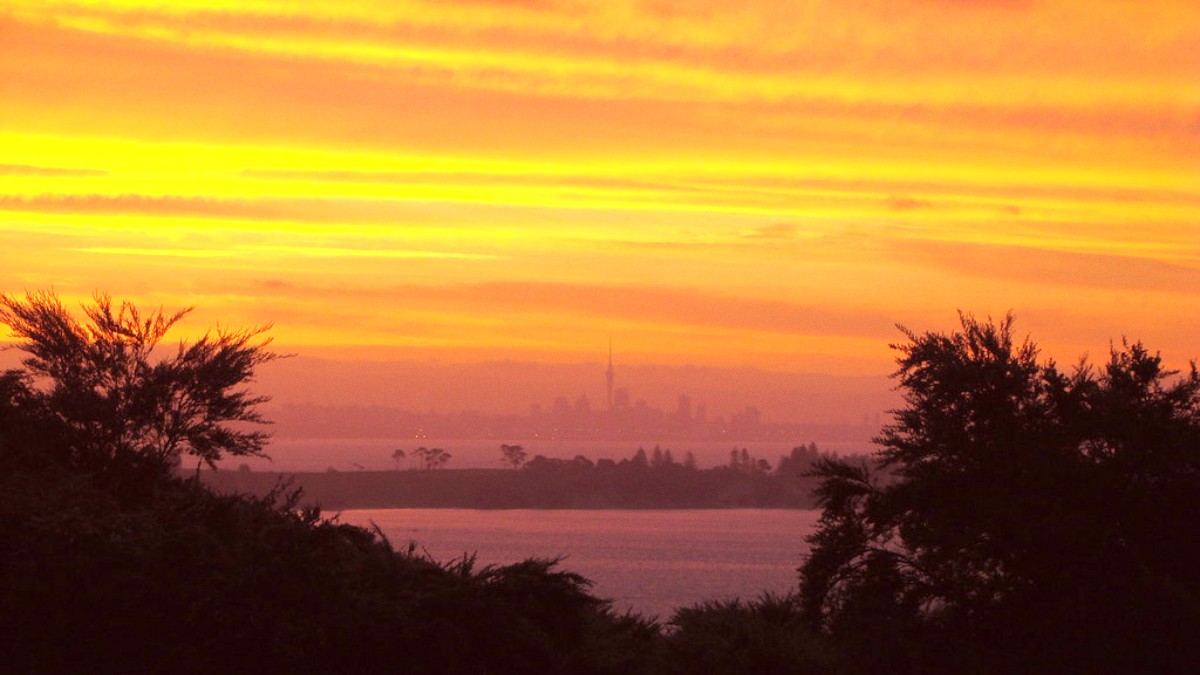
Auckland Region, New Zealand
Waiheke's diverse landscape forms a playground for outdoor enthusiasts.
This comprehensive 100km network covers the entire island, offering varied terrain and difficulty levels. Sections range from easy coastal strolls to more strenuous uphill climbs through native bush. A Day hiking backpack is recommended.
Waiheke is excellent for cycling, notably with an E-bike for Waiheke hills. The main roads and some quieter roads are suitable for road cycling. Dedicated mountain bike trails are limited, but some sections of Te Ara Hura are cycle-friendly.
Always check trail conditions before heading out, especially after rain, as some paths can become muddy or slippery.
Always check weather conditions before outdoor activities. Inform someone of your plans for longer hikes. Pack appropriate gear and water.
Waiheke Island offers cultural insights and creative expressions.
Support local Waiheke Island businesses and artists directly. Look for local artisan markets and shops.
Artworks Community Arts Centre regularly hosts local theater productions, comedy nights, and various performing arts events.
Check local Waiheke event listings for temporary exhibitions and annual art festivals. These events often provide unique cultural insights.
Waiheke has a arts community with numerous independent studios and galleries scattered across the island.
The Waiheke Jazz Festival (Easter) is an annual music festival that draws talent and audiences to the island for a cultural experience.
The Waiheke Garden Festival (November) showcases the island's impressive private gardens, offering a beautiful display of local horticulture.
Waiheke Island presents a tranquil setting for rest and rejuvenation.
Onetangi Beach and Palm Beach are excellent for relaxation, sunbathing, and enjoying the calm waters. They offer a tranquil environment.
Many accommodations on Waiheke have their own swimming pools. Enjoy leisure at your lodging or the island's beautiful public beaches.
Waiheke Island does not have any natural hot springs. Focus on other natural therapies and relaxation methods available.
Enjoy the island's natural sounds and peaceful ambiance, perfect for personal reflection and quiet moments.
Gentle strolls along the coastline or within regional parks contribute to relaxation and physical well-being.
Relax with a glass of world-class wine overlooking the scenic vineyards, enjoying the tranquility and beautiful views.
Waiheke's nightlife leans towards relaxed evenings, often centered around dining and live music, rather than bustling clubs.
Artworks Community Arts Centre in Oneroa regularly hosts local theater productions, comedy nights, and various performing arts events.
Most establishments on Waiheke typically close by 10 PM or 11 PM, with some bars staying open slightly later on weekends, specifically in Oneroa. Plan your transport accordingly.
Oneroa Village has the highest concentration of bars and restaurants, presenting the most options for an evening out.
For attractions and activities, consider booking tickets in advance via GetYourGuide.
Popular tours, tastings, and special dinners fill quickly, especially during peak times and holidays. Secure your spots early.
Secure your preferred spots at vineyards and restaurants with advance reservations to ensure availability.
Plan your transport carefully for evenings. Taxis can be limited, especially late at night.
Waiheke presents an unique shopping experience, focusing on local produce, artisan crafts, and island specialties.
Waiheke is known for its strong artistic community. Numerous independent art studios are scattered across the island, many of which offer direct sales of paintings, sculptures, pottery, and jewelry.
Look for the 'Waiheke Art Trail' map to discover these hidden gems and plan your visits to various artist spaces.
The Waiheke Community Art Gallery shop sells a curated selection of local artworks and crafts, offering a central point to view and purchase island-made creations.
For wine purchases, be aware of your home country's alcohol import limits and regulations. Many vineyards can arrange international shipping, but it can be expensive. New Zealand has strict biosecurity laws. Ensure you declare all food items, plant products, and animal products upon entry/exit. For purchases like wood carvings or natural materials, check customs regulations for your destination country before buying.